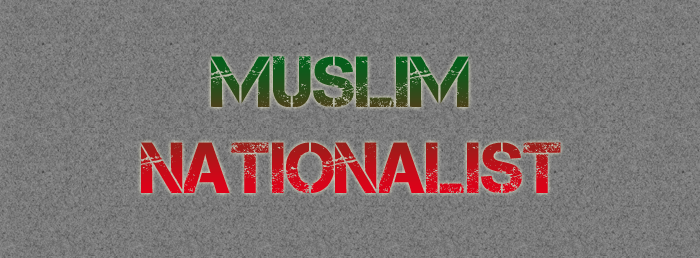 Can a Muslim be a nationalist? Can a Muslim harbor a certain pride in being born in a particular place? Is it possible that a Muslim thinks that he is superior to another just on account of his/her color, language, nationality?
Can a Muslim be a nationalist? Can a Muslim harbor a certain pride in being born in a particular place? Is it possible that a Muslim thinks that he is superior to another just on account of his/her color, language, nationality?
Look back at the definition of a Muslim (that is defined very clearly by the Quran & the Sunnah – way of the Prophet (s.a.w.)), and you would realize it is impossible for a Muslim (in the true sense) to be nationalistic. Just like you can’t be a capitalistic communist, you can’t be a nationalistic Muslim.
And that is exactly where tragedy strikes the self-proclaimed Muslims today. I say self-proclaimed because I am not so sure whether we are really worthy of being called Muslims… especially when the highest standards of morality have been laid down by the blessed Prophet (s.a.w.).
Anyway, the issue that we are looking at today is Nationalism. An ideology that has seeped right into the Muslim societies – breaking the social infrastructure, causing rivalries where none should exist. While all Muslims would say, yes all humans are equal as it has been clearly outlined in the Quran, there is much to be achieved when it comes to the practicalities.
O mankind! Behold, We have created you all out of a male and a female, and have made you into nations and tribes, so that you might come to know one another. Verily, the noblest of you in the sight of God is the one who is most deeply conscious of Him. Behold, God is all-knowing, all-aware. Quran 49:13
Muslims exist all over the world – from the wild wild west to the Javanese tropical rain forests. And the vast majority identify with a certain nationality and take pride in it. Some hollow pride at being born in a certain place (I say hollow because nobody chooses what place he/she is born in). And yet we cling on to this identity – which is accentuated by a distinct culture and way of living.
While all Muslims do know that the reply of “Assalamualikum” will be “Waalikumassalam” – wherever the other Muslim is from, somehow they don’t appreciate the overwhelming implication of it. While the Muslim leaders oft speak of “Ummah” – or a body of Muslims across all nations, there is a stark contrast when selfish, nationalistic interests actually make them make decisions against that very Ummah. What they don’t realize is that whatever is beneficial for the Ummah as a whole, trickles down and is beneficial for every Muslim in every part of the globe.
The issue where I really see the confused muddle of ideologies is where the word ‘Jihad’ is used. Muslims have used ‘Jihad’ to label any struggle that they make, for whatever reasons that they are making it. Kashmiris for e.g. call their struggle Jihad, while at the same time what has been going on for the past 18 years is a mixture of so many things. Islam is ‘hot’ and using it to fuel a struggle makes things easy for many. But strangely, if Islam was the reason for the struggle, the Muslims in Kashmir wouldn’t and shouldn’t have any issues with Muslims who happen to be Indians. Supposing Kashmir was “independent”, would it be ready to embrace the Indian Muslims who wish to migrate to this ‘supposed’ Muslim land?
Even when it comes to Palestine, an issue that all Muslims hold very close to their hearts, there are certain factions whose concern with Palestine is purely on nationalistic interests.
For that matter think of Pakistan – a state that was established in the name of Islam — how Islamic was it, that a part of it had to ask for separation on basis of a different language? Or how Islamic were the Muslim nations when United States went against the whole entire world community, without any proof and bombed Afghanistan?
There is a serious need for introspection, at the level of an individual to that of statehood. Where does the priority of Muslim nations lie? If nationalism drives them, then they prove without any doubt that they are Muslims just in name. If nationalism affects their decision making process, then ‘ummah’ is nothing for them, but just a word to lure the masses. If they think that their nationality, race or language makes them superior to any other human being, then Islam or submission to God’s will is something that they haven’t really understood.
And while I ask others to introspect, I need to question myself…. I claim to be a Muslim first, then a Kashmiri… but does it reflect in my thought and deed? Loving the place where you grew up is a natural emotion, but letting that cause biased opinions, leaving aside the ‘Muslim’ identity is where many of us have gone wrong….
The wrongs need to be put right. And right actions start from right thinking.
Are we thinking right?
—————————————————————————————–
You should check: Kashmir, 1990: Islamic Revolt or Kashmiri Nationalism

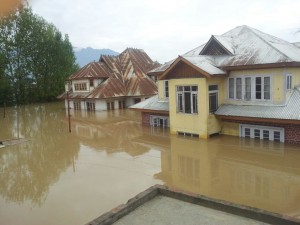

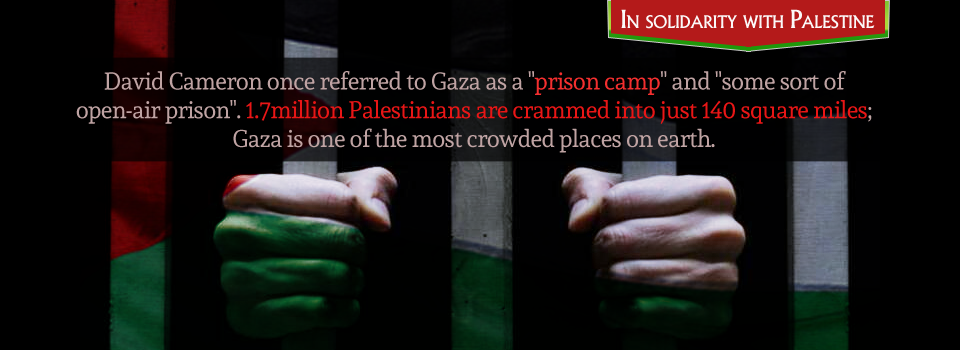
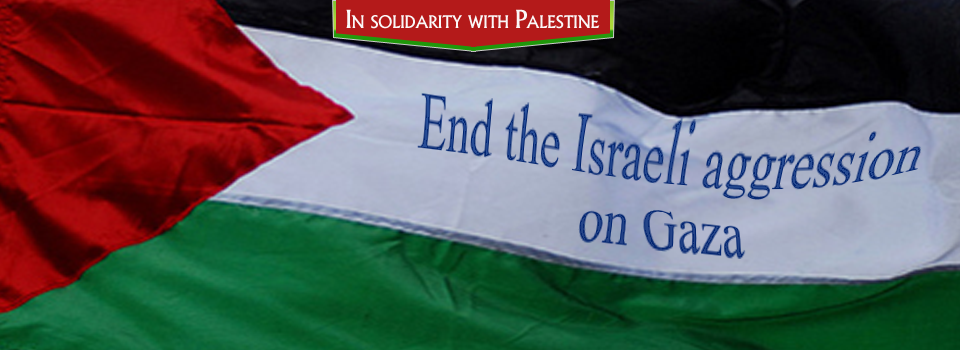
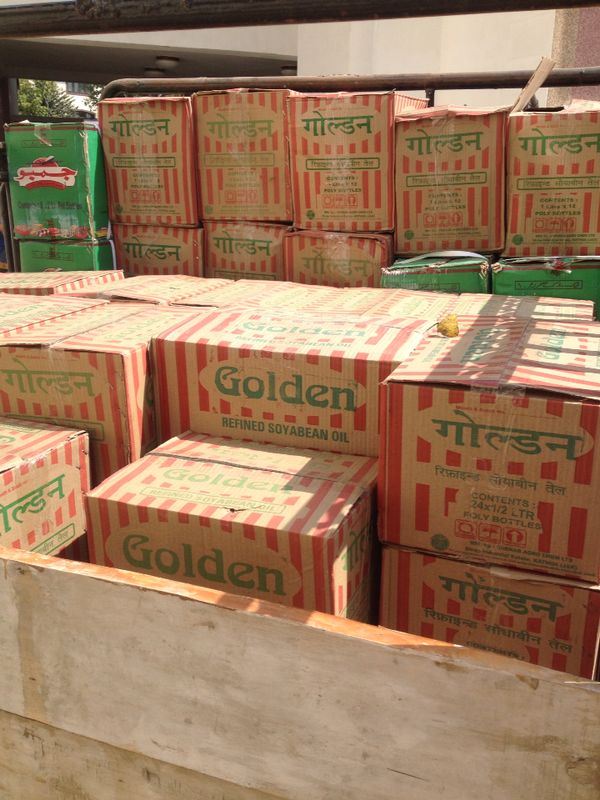
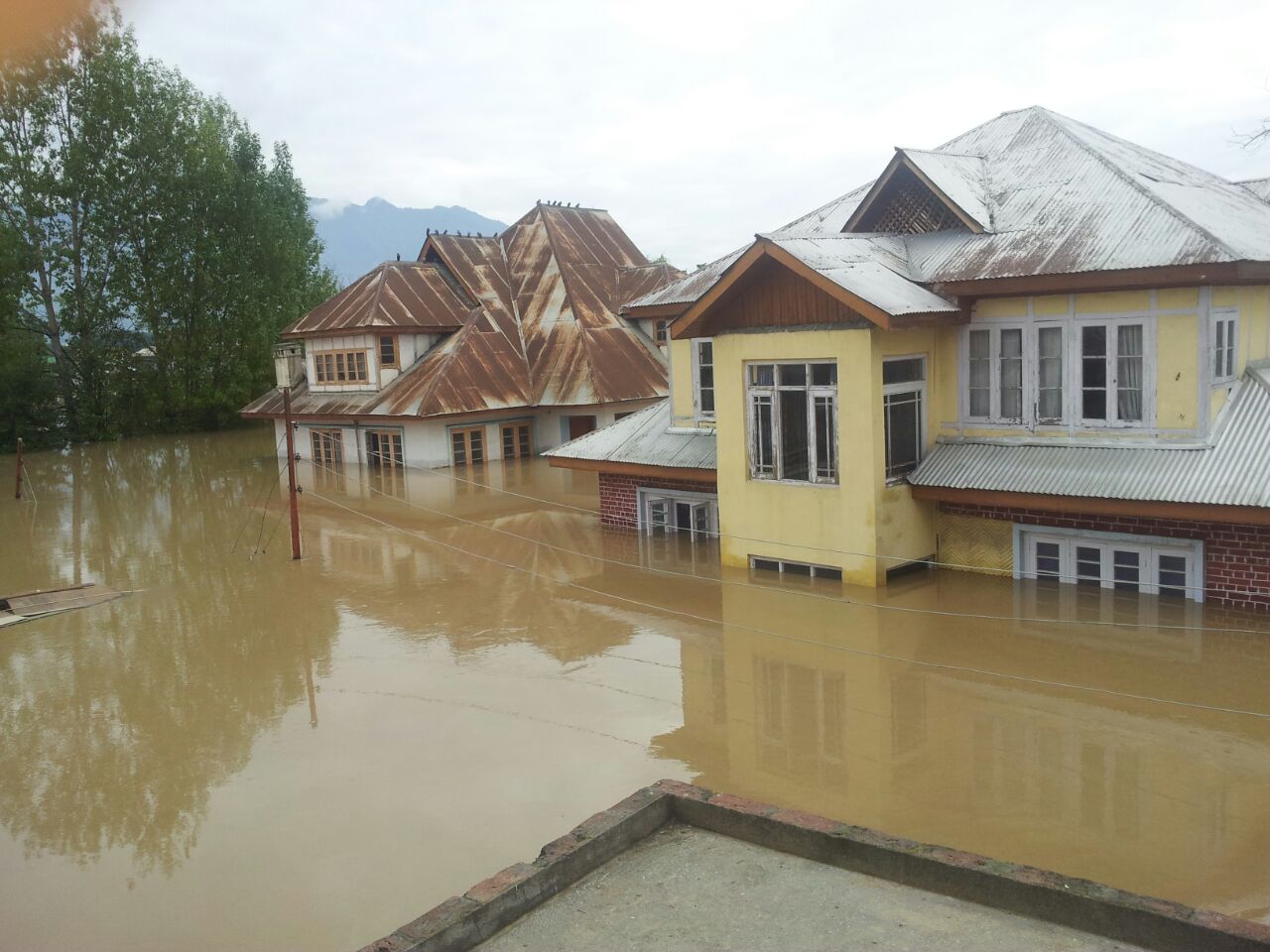
Unfortunately we are not thinking right.
And I feel very few people reflect on the fact that something (and most of the things) is going wrong around the world.
When Muslims (in Malaysia, and perhaps elsewhere) are asked about their identity (I had done a research on that), in most cases they tend to identify themselves according to their nationality first, followed by religion. There is a paradox in what we believe and what we do.
I would say it is true for Kashmiris also. Funnily, we Kashmiris debate and argue on being identified as an Indian/Kashmiri, forgetting the more important identity that we supposedly have ‘chosen’.